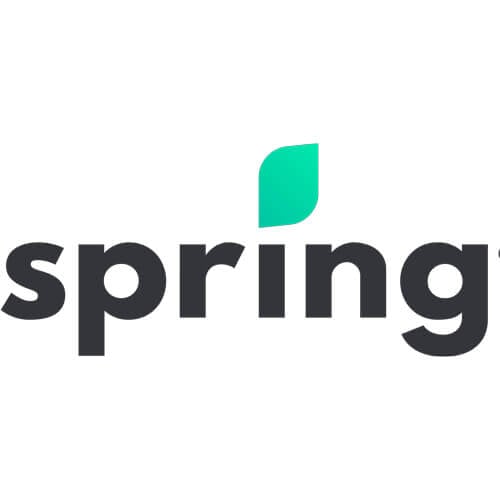Should you take RRSP withdrawals to pay down debt?
With a partner out of work, this reader is considering a RRSP withdrawal to try to reduce her mortgage payments. Should she?
Advertisement
With a partner out of work, this reader is considering a RRSP withdrawal to try to reduce her mortgage payments. Should she?

My husband is not working, and I have $50,000 in my RRSP. Can I withdraw that and put it against my mortgage so I can have less monthly mortgage to pay?
– SK
Sorry to hear about your husband’s job, SK. The unemployment rate is still higher than pre-pandemic at 6.7% in October 2021, but much lower than the 13.7% peak in May 2020. If he was receiving the Canada Recovery Benefit, that income support recently ended on October 23, 2021. Hopefully, he will find something soon.
In under 60 seconds, get matched with a personalized list of loan providers based on your needs and approval likelihood. No SIN required.
If you have $50,000 in your registered retirement savings plan (RRSP), you could take a withdrawal. You do not need to wait until you retire or become a certain age. This assumes it is not a locked-in RRSP that came from a pension transfer. Locked-in accounts have limitations. Regular personal RRSPs do not, however.
The problem with you taking a RRSP withdrawal is that the amount you take out is added to your income. If your existing income for the year is $50,000, SK, you will pay at least 28% tax on your withdrawal and possibly more depending how much you take and your province or territory of residence.
If your income is $100,000, and you withdraw the whole $50,000 RRSP balance, the rate could be as little as 35%, as much as 47%, and an average of 41% across the country.
The point is: You may only be left with one-half to two-thirds of your withdrawal to pay down your mortgage. RRSPs are generally meant to be contributed to in high income years and withdrawn in low income years, ideally in retirement. If you need withdrawals during your working years, they can be quite taxing.
If your husband has a RRSP account in his name, that may be preferable instead of a withdrawal from your RRSP, assuming his income is lower for the year.
To clarify, making a lump sum payment against your mortgage, SK, will not reduce your monthly payments. It will reduce your mortgage balance and the remaining number of payments, but it will not reduce your current monthly payment.
There may be alternatives to consider instead of RRSP withdrawals. Many parts of Canada have seen real estate prices skyrocket, so you probably have equity in your home. You could consider using a line of credit to supplement your cash flow.
If you do not already have a secured home equity line of credit (HELOC), it may be tougher to qualify now that your husband is not working. This highlights the benefit of establishing a line of credit when you do not need it as opposed to once you need it.
If you have tax-free savings accounts (TFSAs), these withdrawals are not taxable as TFSAs are tax free in all regards. TFSA withdrawals would be preferable to RRSP withdrawals in this case.
One option may be increasing the amortization on your mortgage. If you have at least 20% equity in your home, you may be able to push your mortgage repayment period out to as much as 30 years. This could help to temporarily decrease the amount of your payments. You could consider decreasing the repayment period later and increasing your mortgage payments when your financial situation improves.
Many lenders also offer the ability to skip a payment. You may be able to forgo a mortgage payment to help with cash flow, SK. Inquire with your financial institution.

Apply for a personal loan with a 8.99% to 29.49% APR. Plus, 100% online application and no early repayment fees.

Apply for a personal loan with a 9.99% to 34.95% APR. Plus, fast e-transfers and no hit to your credit score when you apply.

Pre-qualify instantly to borrow up to $35,000, with rates from 8.99%
So, while your RRSP may be an option to make a payment against your mortgage, SK, a lump sum payment will not reduce your future payments. Requesting to skip a payment or increase your mortgage amortization may help. A TFSA or line of credit may be preferable than a RRSP withdrawal, and if you do withdraw, consider withdrawing from your husband’s RRSP, if he has one, assuming his income is lower.
I hope things improve financially for you and your husband soon. Unfortunately, there can be tough periods during a family’s financial journey. But trying to be prepared and trying to recover when things get better can help ensure a temporary detour does not prevent you from reaching your goal of financial independence in retirement.
Jason Heath is a fee-only, advice-only Certified Financial Planner (CFP) at Objective Financial Partners Inc. in Toronto. He does not sell any financial products whatsoever.
If you have a question for Jason, please send it to [email protected].
Share this article Share on Facebook Share on Twitter Share on Linkedin Share on Reddit Share on Email